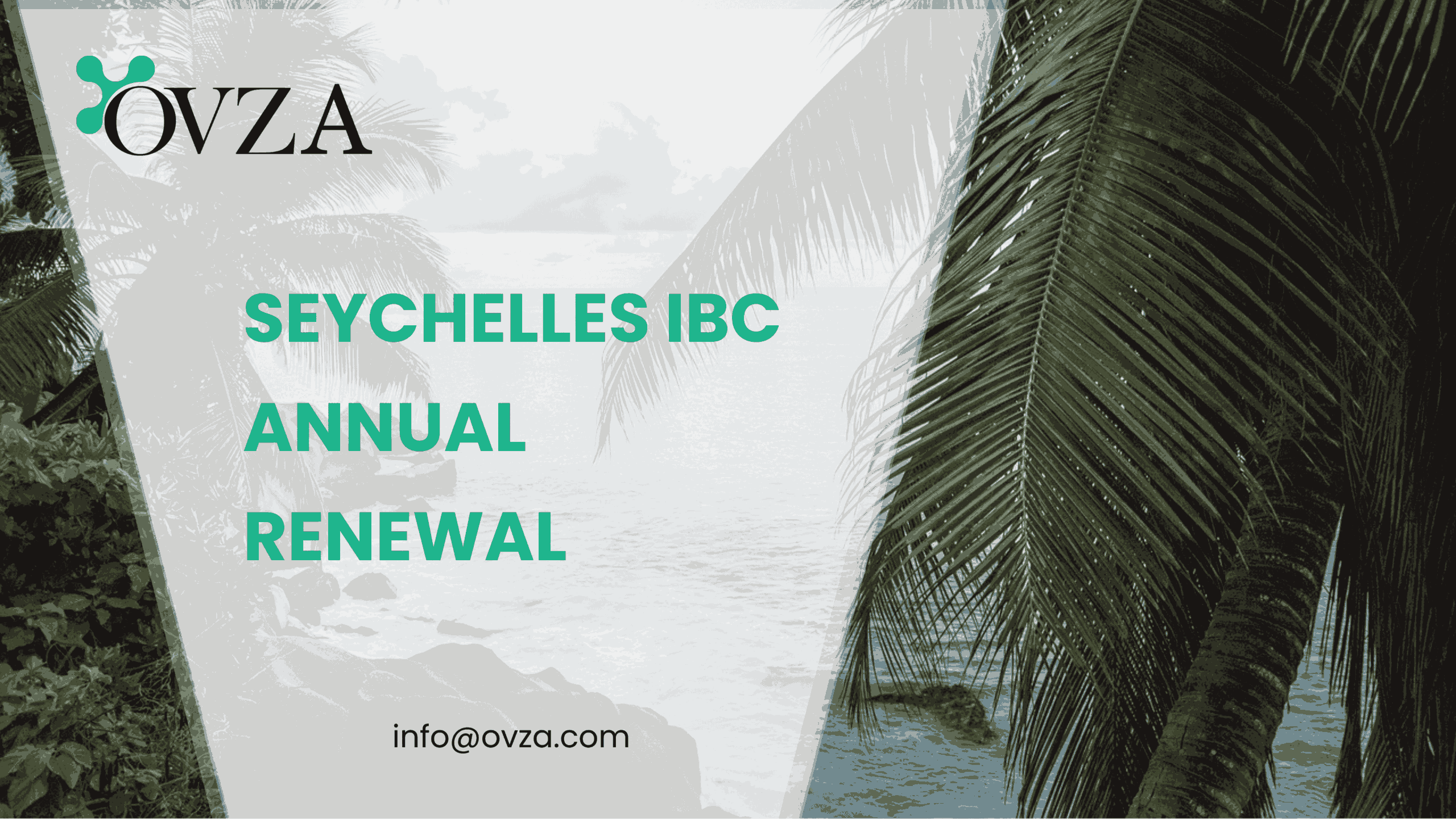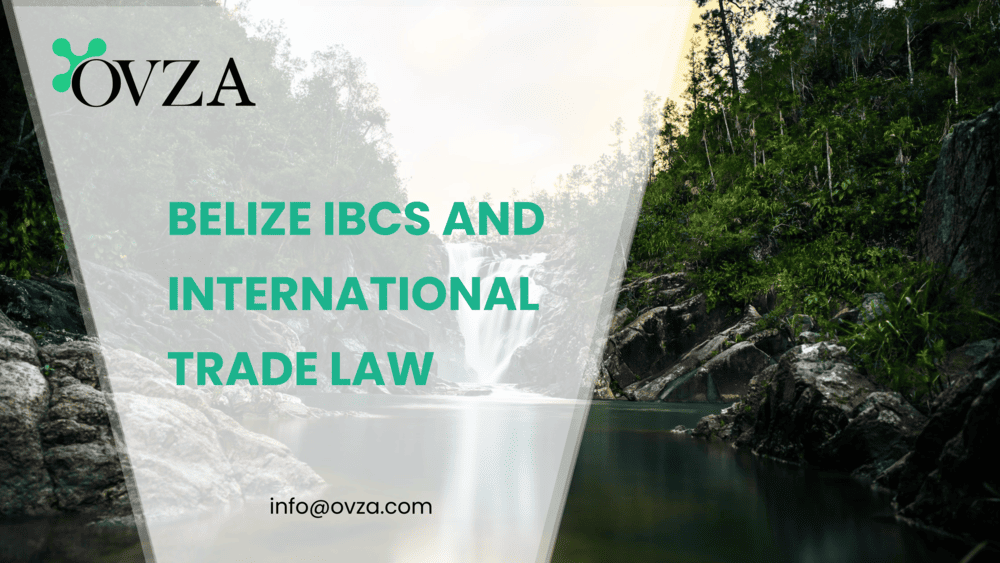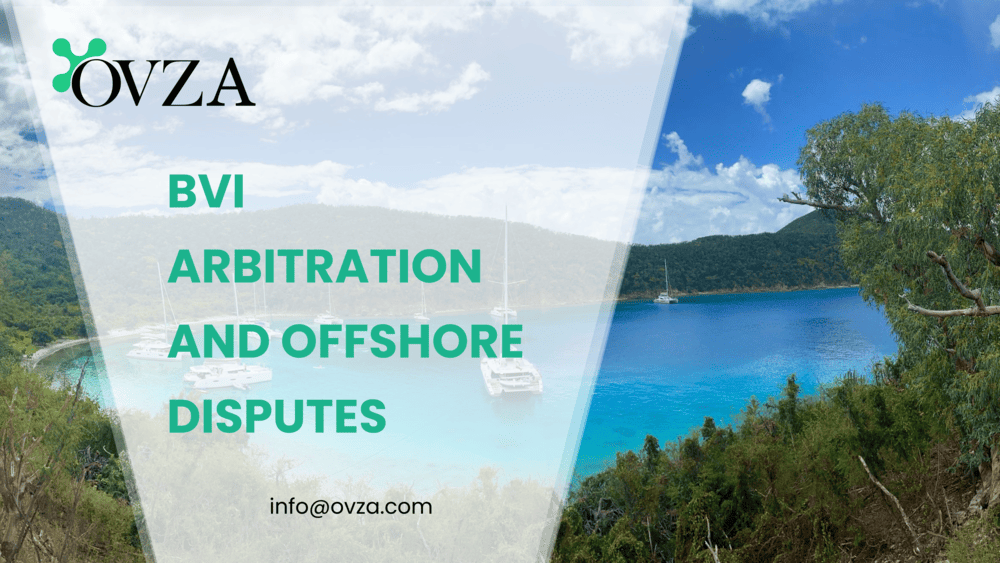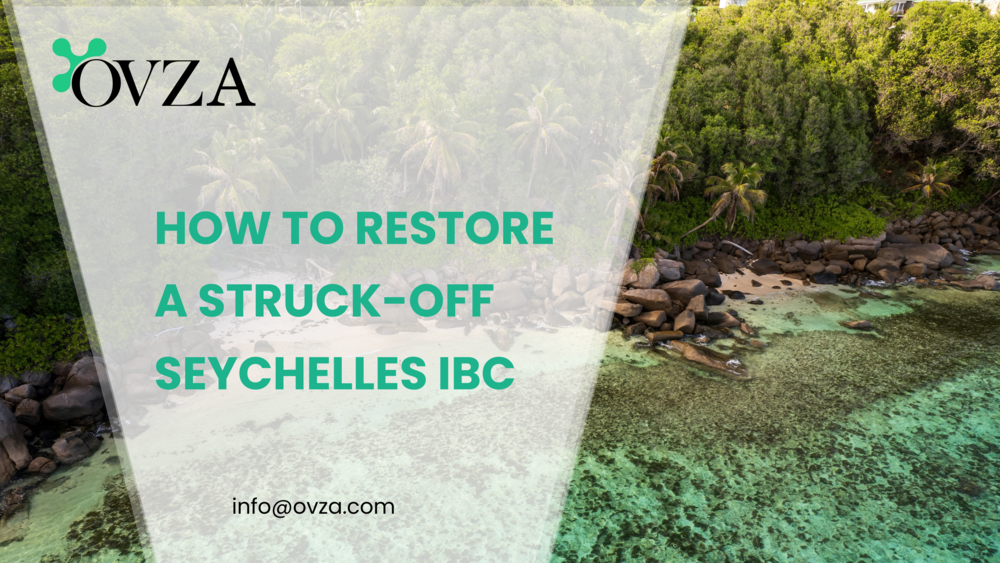The term offshore company list often arises in discussions around international corporate structuring, asset protection, or tax planning. However, it is not a catalog of company names—it is better understood as a reference to jurisdictions that legally permit non-residents to incorporate business entities under favorable regulatory and tax regimes. Offshore companies are typically governed by laws that explicitly accommodate foreign ownership, limit local tax exposure, and protect corporate confidentiality.
Understanding which jurisdictions qualify as “offshore” requires examining their legal frameworks, incorporation statutes, and regulatory compliance standards. This article provides a jurisdiction-by-jurisdiction overview of where offshore companies can be legally registered, the laws that govern them, and the formation characteristics of each region.
What Is an Offshore Company?
An offshore company is a legal entity established in a jurisdiction other than where its ultimate beneficial owner resides. These companies are usually formed in countries or territories with legislation that supports non-resident incorporation, provides tax exemptions for foreign-earned income, and offers confidentiality protections.
Most offshore companies are either International Business Companies (IBCs) or Exempt Companies, depending on the jurisdiction. These entities typically do not conduct business within the jurisdiction of incorporation and are restricted from earning local-source income. Their formation, renewal, and reporting obligations are governed by local statutes such as the Belize IBC Act, the BVI Business Companies Act, or the Seychelles IBC Act, among others.
Offshore companies are used legally for a wide range of purposes: holding international assets, owning intellectual property, facilitating cross-border e-commerce, or serving as special-purpose vehicles in private wealth or corporate tax planning structures.
Criteria for Jurisdictions on an Offshore Company List
Not all countries that allow foreign company registration are considered offshore jurisdictions. To qualify for inclusion on an offshore company list, a jurisdiction typically meets several legal criteria:
- It offers company structures explicitly designed for non-residents.
- The incorporation laws provide for tax exemption on income earned outside the jurisdiction.
- Confidentiality provisions limit public access to ownership or directorship information.
- A licensed local registered agent is legally required.
- The jurisdiction maintains favorable regulations with limited exchange controls or repatriation restrictions.
These factors form the legal basis for categorizing jurisdictions as “offshore” and help distinguish them from traditional low-tax or business-friendly environments.
Offshore Company List and Jurisdictional Benefits
The following jurisdictions represent some of the most widely used and legally recognized offshore company formation hubs. Each offers unique advantages grounded in statutory frameworks and international business norms.
Below is a structured chart outlining the jurisdictions we support, the type of company typically formed, and the core legal benefits of incorporating in each:
|
Jurisdiction |
Entity Type |
Key Legal and Tax Benefits |
| Belize | IBC | Tax-exempt on foreign income, strong privacy laws, simple compliance under IBC Act |
| Seychelles | IBC | No corporate tax on foreign-sourced income, quick formation, affordable government fees |
| British Virgin Islands | Business Company (BC) | No income tax, recognized under BVI Business Companies Act, flexible structure for holdings |
| Cayman Islands | Exempt Company | No direct taxes, high regulatory prestige, compliance with global financial standards |
| St. Lucia | IBC | OECD-compliant, tax-neutral on foreign income, suitable for trading and IP holding |
| St. Vincent and Grenadines | BC | Confidential ownership, no income tax on foreign operations, cost-effective |
| Nevis (St. Kitts) | LLC | Strong asset protection laws, no local taxation, flexible management and ownership rules |
| Bahamas | IBC | No corporate income tax, modern legal infrastructure, proximity to U.S. for regional operations |
| Anguilla | IBC | Efficient registration under IBC Act, zero tax on offshore income, confidential records |
| Marshall Islands | IBC | No income or withholding tax, U.S.-style corporate law model, often used for maritime and asset holding |
| Samoa | IC (International Company) | Strong corporate privacy, no local tax for non-residents, low-cost compliance |
| Vanuatu | IBC | No income or capital gains tax, English common law base, streamlined incorporation |
| Antigua and Barbuda | IBC | Confidentiality, tax exemption on international profits, politically stable offshore destination |
These jurisdictions have enacted incorporation laws specifically intended to support international structuring and foreign ownership. The legal frameworks in place are designed to align with global compliance trends while maintaining efficient company formation processes.
How to Choose the Right Offshore Jurisdiction
While the offshore company list provides a range of jurisdictions with favorable legal and tax conditions, the choice of where to incorporate should depend on the specific goals of the company, the regulatory environment, and the intended business activity. Each jurisdiction has its own set of statutes governing incorporation, reporting, and disclosure—and those differences can have significant legal and financial implications.
For entrepreneurs seeking privacy, jurisdictions like Nevis, Belize, or Seychelles are often preferred due to their strong confidentiality provisions and limited public disclosure obligations. These jurisdictions typically do not require public registers of shareholders or beneficial owners, although licensed agents must maintain records in compliance with international standards.
On the other hand, if access to international banking or corporate reputation is a primary concern, more regulated jurisdictions such as the British Virgin Islands, Cayman Islands, or Bahamas may be better suited. These jurisdictions maintain robust compliance frameworks aligned with OECD and FATF recommendations, which enhances credibility with banks and financial institutions.
Companies planning to hold intellectual property or conduct licensing arrangements may benefit from St. Lucia, Anguilla, or Marshall Islands, where flexible company laws and minimal withholding tax obligations enable efficient cross-border licensing structures.
Jurisdictions like Samoa, Vanuatu, and Antigua and Barbuda offer low-cost, low-compliance offshore company formation for small international businesses or personal asset protection structures. Their legal systems are based on English common law principles and accommodate a wide range of non-resident company activities without imposing heavy documentation or filing burdens.
Finally, substance regulations must be considered. In response to EU and OECD pressure, several offshore jurisdictions have introduced economic substance laws requiring companies engaged in certain activities—such as banking, insurance, or fund management—to maintain local operations, employ staff, and file annual reports. Jurisdictions such as Cayman Islands, BVI, and Belize now require a careful legal analysis to determine whether economic substance rules apply.
Conclusion
An accurate offshore company list is more than just a catalog of low compliance jurisdictions—it is a reflection of carefully structured legal systems that allow for cross-border incorporation within internationally accepted frameworks. Whether the goal is privacy, asset protection, or global expansion, selecting the right jurisdiction requires understanding not just formation fees, but the legal foundations on which each offshore regime operates. By aligning jurisdictional benefits with the company’s strategic purpose, businesses can leverage offshore structures in a compliant, efficient, and sustainable manner.
Disclaimer: The information provided on this website is intended for general reference and educational purposes only. While OVZA makes every effort to ensure accuracy and timeliness, the content should not be considered legal, financial, or tax advice.













